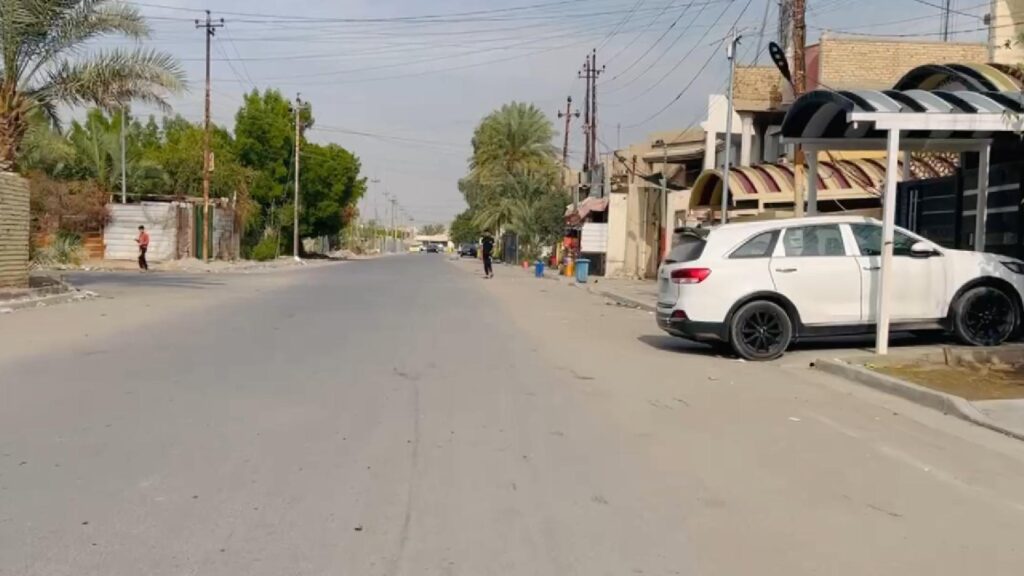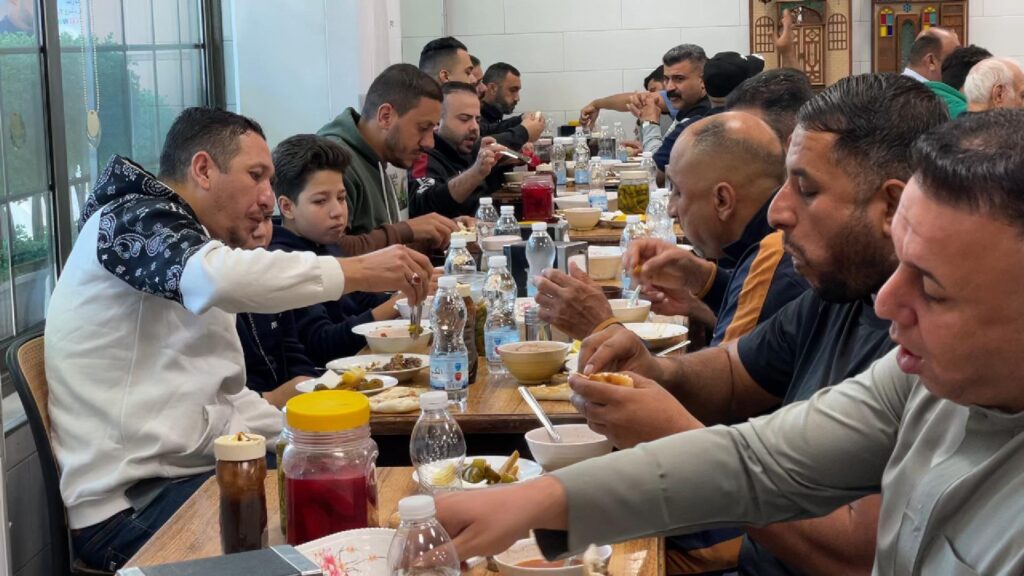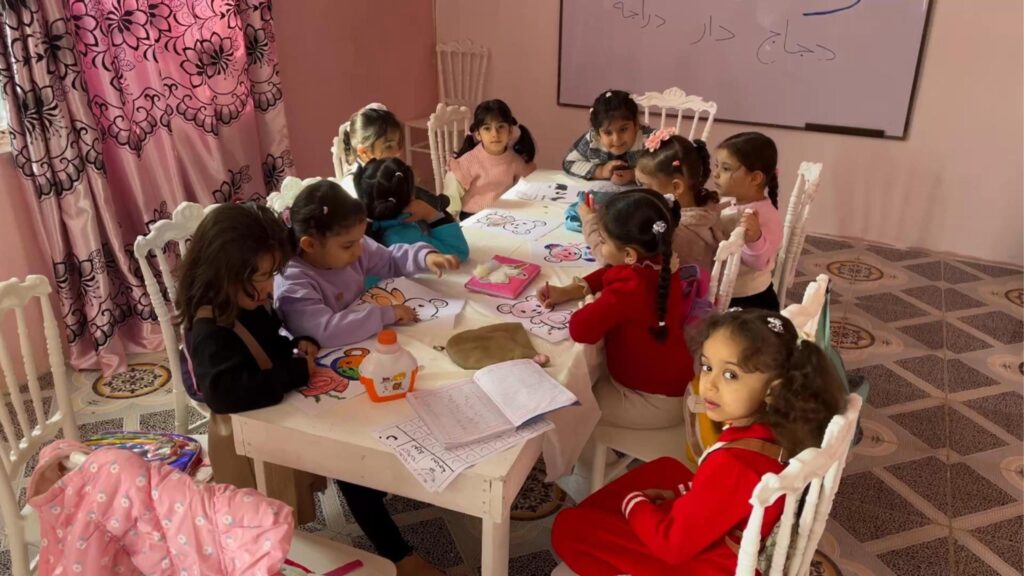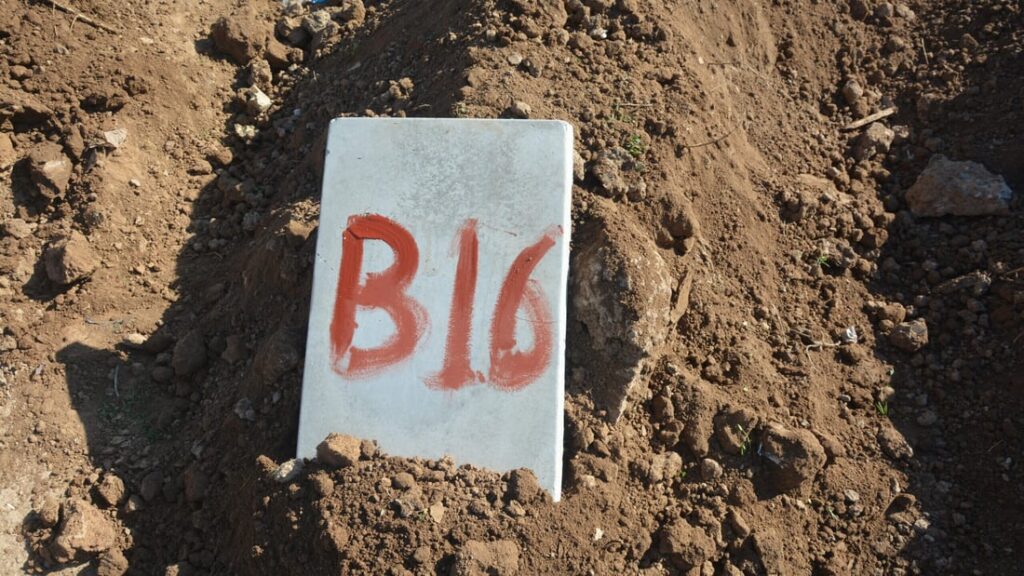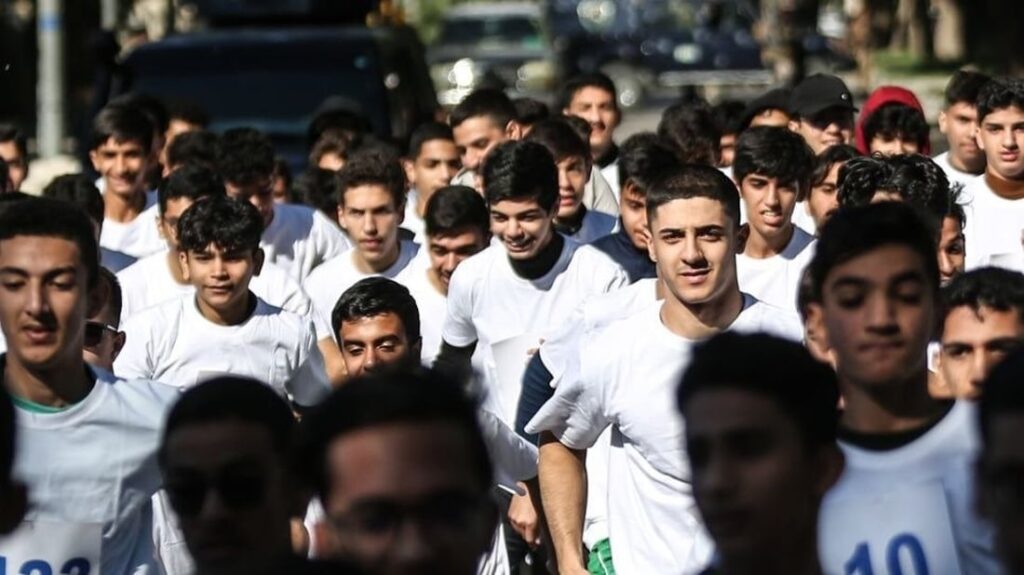Iraq Ferry Accident Sets Off Political Upheaval in Mosul

In a rare show of deference to the anger of Mosul citizens over government abuses, the Iraqi Parliament on Sunday voted overwhelmingly to remove the province’s governor, citing accusations of corruption, self-dealing and negligence.
Although Mosul citizens had pleaded with the central government to remove the governor for more than two years, it was only after a ferry disaster brought angry citizens into the street that senior political figures decided to act, a report by the New York Times said.
The deposed governor, Nufal Hammadi, who had held the job since 2015, made no comment publicly either before or after the Parliament vote. A report on the allegations against Mr. Hammadi will be released in the next few days, several government officials said.
In Mr. Hammadi’s stead, Prime Minister Adil Abdul Mahdi appointed a “crisis cell” to run Nineveh Province, which includes Mosul, the second-largest city in Iraq.
The decision to remove the governor, which Mr. Mahdi recommended to Parliament, was the prime minister’s first concrete step toward fighting Iraq’s endemic corruption. He twinned it with an effort to put in charge figures who would be seen as putting the interests of citizens first.
Mr. Mahdi named three people to lead the crisis-cell government: Maj. Gen. Najim Abed al-Jabouri, the head of Nineveh Operations Command; Muzahim al-Khayat, the president of Mosul University; and Hamid al-Namis, the chief of police of Nineveh.
Both behind closed doors — in the first crisis-cell meeting with the heads of provincial departments — and in their comments to the public, the three men made clear that they were determined to try to calm the anger of the Mosul street.
There have been near-constant protests, sit-ins and strikes for the past four days as citizens demanded justice after the ferry capsizing. The accident killed at least 97 people, and nearly 70 are still missing, including many children, according to Iraqi Health and Security officials.
The key to achieving calm, General al-Jabouri said in an interview, will be to meet citizens’ demands for basic services.
“The city must return to its normal life,” he said as he toured the riverfront where the accident occurred. Protesters have gathered there almost every day, sometimes backed by political parties.
“We must end all these signs of anger,” General al-Jabouri said, referring to the demonstrations, protest tents, marches and banners hoisted by different groups.
“All of the young men must help the mourning families in a better way,” he said, referring to the protesters.
One of General al-Jabouri’s leadership partners, Mr. al-Khayat, conveyed a tough message to the provincial government’s department heads: Cut out the corruption, focus on citizens’ needs, show up at your jobs and report back every day.
“The citizens want to see you on the ground,” he said, adding, “The city is on edge and the situation is tense, and everyone needs to be available to provide services. The bridges need to be fixed, the electricity delivery needs to be increased.”
Nodding at the director of the province’s water and sewage services, he said: “Be careful — it’s been raining. Go right now and check on the pipes and sewage.”
Mr. al-Khayat, referring to the government incompetence and graft that once led to the Islamic State’s takeover of the city, said, “We must send a clear and transparent message that we are here for the people, because otherwise we will lose our city as we did in 2014.”
Mosul’s mayor, Zuhair al-Araji, said that the governor’s dismissal was not directly related to the boat accident, but that the culture of putting money ahead of the public interest was a part of the problem.
“Two days before the accident,” he said, “we went to the manager of the ferry boats and asked them to sign a piece of paper that said they would close the ferry because we had to release some water from the dam starting at 10 a.m. on Thursday, and that would make the river high.”
Thursday was Nowruz, the Kurdish and Persian New Year, which is celebrated across northern Iraq. It is a time when families dress up and go on outings and picnics. The ferry, which was really more like a raft, too families to an island in the middle of the Tigris River, which had a small amusement park.
The mayor said, “He signed it, and the boats were closed for use during the morning of Nowruz. But then when the families came in the afternoon, he opened them without permission.”


